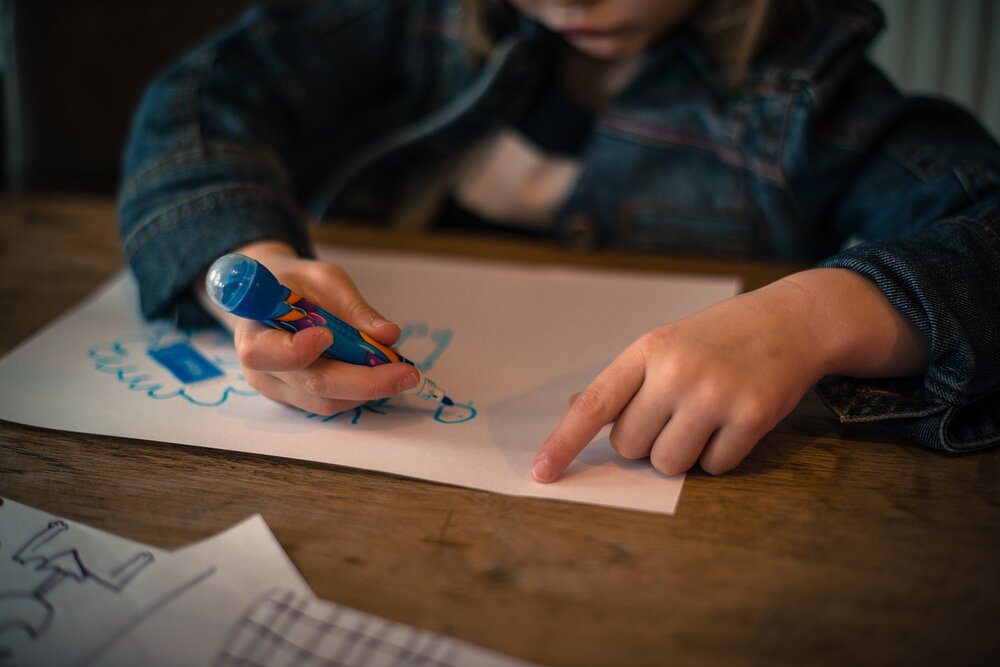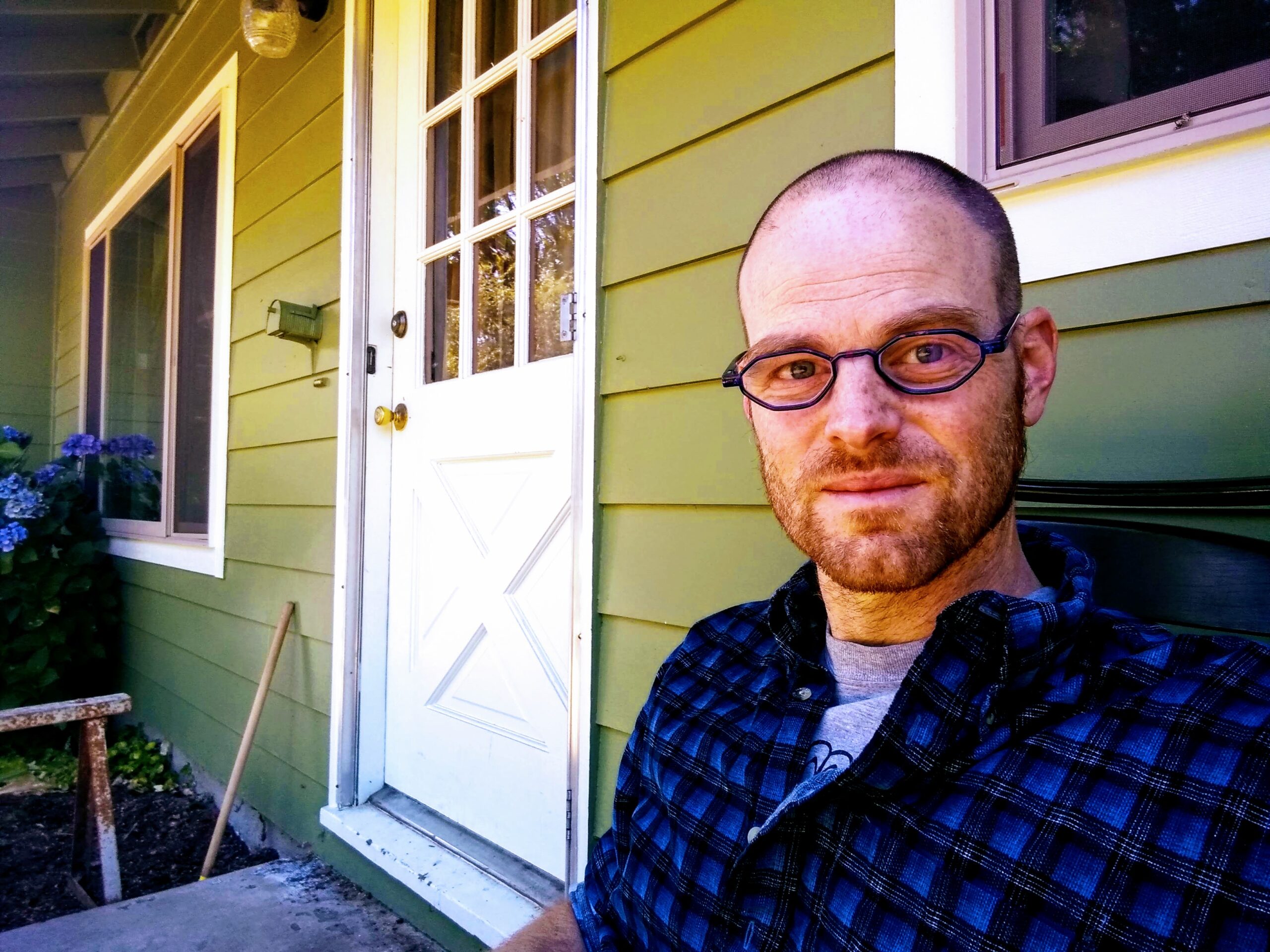
Note: This is the fourth in a series of columns on Collaborative Problem Solving, or CPS. You can find the previous column here.
The final step in CPS is “The Invitation.” This is where you invite a child to offer a solution for the problem at hand. It bears emphasizing that we always give the child first shot at solving the problem. The child is more likely to be motivated and engaged in upholding a solution that they’ve had opportunity to formulate. It confers agency on them even while it honors your concerns. Moreover,this is where the crucial practice in perspective-taking happens. The cognitive work the child must do in attempting to formulate a solution helps them practice this crucial skill. They must incorporate another’s perspective.
So let’s return to the dialogue from the previous column. Remember, parent and child were trying to solve the problem of a dishwasher that is habitually left filled. The parent might offer the invitation in this way:
parent – So I’m wondering. Can you think of a solution that would help make emptying the dishwasher a little less hard for you, but would also help me keep order in the house?
Now, the ball is in the child’s court. It is important to note here that any solution should be on the table, provided that it is realistic and honors the concerns of both parties. A simple resolution to the problem might go like this:
child – Could we get a step stool so that I could reach better?
parent – Sure. That would be easy. Would it still feel hard to sort the silverware?
child – Yeah. But not so hard. I think I could do that if it was easier to reach up high.
parent – Okay. Would you still be worried that I will get frustrated if you break something?
child – Yeah.
parent – What can we do about that?
child – Well, can you promise not to get frustrated if I do?
parent – Yeah, I think I can do that.
child – Okay.
parent – This sounds like a good solution; let’s give it a shot. I guess I just have one more little concern: how can we make sure the dishes get put away before dinner?
child – Could you just remind me?
parent. So I’ll remind you maybe like an hour or so before dinner?
child – Yes.
parent – Okay. That works for me. We’ll try this. And if it doesn’t work, we’ll talk about it some more, okay?
child – Okay.
The first solution probably won’t work. Not completely, anyway. It will require some follow-up conversations before the problem is solved durably. It is also quite possible that the child won’t so easily think of a solution. We will discuss that next.

Matthew King lives with his fifteen-year-old son in Corvallis, Oregon, where he’s taught English for thirteen years. He also does advocacy work in the school district for children who have experienced trauma in early childhood. In his spare time he hikes, reads, writes, practices meditation, and watches his son ride dirt bikes. He welcomes comments and feedback and can be contacted at kingmatthew10@gmail.com
